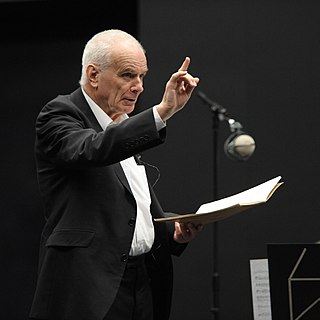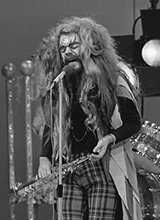A Quote by Peter Maxwell Davies
Related Quotes
Well, the coffeehouse audiences never know what they're going to get, and all the comics are different, as opposed to when you go to a club, and they're pretty much all telling jokes with set-ups and punchlines. Coffeehouse audiences are the most forgiving: They really listen, which is the best part.
If it's too much for people, if audiences don't accept it, well I guess that's just the way it is. I'm not being cavalier when it comes to my financial partners, but I think I've earned the right to do my thing my way. While I really want it to do well and it would be lovely if it's popular, movies are for a long time. I'm really proud of the piece. If it ends up not connecting with audiences, I won't be heartbroken. I'll be a little disappointed, but I won't be heartbroken.
I really believe at the end of the day, regardless of how noble you are or how patriotic the film might be, it has to serve as entertainment in order for your audiences to come into the theatre and watch it. Otherwise, audiences will wait and see it a few months later when it is premiered on television.
Also, worldbuilding touches all aspects of your story. It touches plot and character as well. If you don't know the culture your character comes from, how can you know what he's really like? You must know your characters on a much deeper level than you would if you just shrugged your way into a cookie cutter fantasy world.
In the '50s, audiences accepted a level of artifice that the audiences in 1966 would chuckle at. And the audiences of 1978 would chuckle at what the audience of 1966 said was okay, too. The trick is to try to be way ahead of that curve, so they're not chuckling at your movies 20 years down the line.
I don’t suppose I really know you very well - but I know you smell like the delicious damp grass that grows near old walls and that your hands are beautiful opening out of your sleeves and that the back of your head is a mossy sheltered cave when there is trouble in the wind and that my cheek just fits the depression in your shoulder.







































